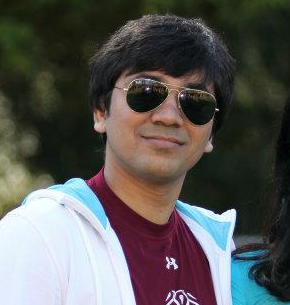
Contrastive Clustering to Mine Pseudo Parallel Data for Unsupervised Translation
Xuan-Phi Nguyen, Hongyu Gong, Yun Tang, Changhan Wang, Philipp Koehn, and Shafiq Joty
Modern unsupervised machine translation systems mostly train their models by generating synthetic parallel training data from large unlabeled monolingual corpora of different languages through various means, such as iterative backtranslation. However, there may exist small amount of actual parallel data hidden in the sea of unlabeled data, which has not been exploited. We develop a new fine-tuning objective, called Language-Agnostic Constraint for SwAV loss, or LAgSwAV, which enables a pre-trained model to extract such pseudo-parallel data from the monolingual corpora in a fully unsupervised manner. We then propose an effective strategy to utilize the obtained synthetic data to augment unsupervised machine translation. Our method achieves the state of the art in the WMT’14 English-French, WMT’16 German-English and English-Romanian bilingual unsupervised translation tasks, with 40.2, 36.8, and 37.0 BLEU, respectively. We also achieve substantial improvements in the FLoRes low-resource English-Nepali and English-Sinhala unsupervised tasks with 5.3 and 5.4 BLEU, respectively.

Contrastive Clustering to Mine Pseudo Parallel Data for Unsupervised Translation
Xuan-Phi Nguyen, Hongyu Gong, Yun Tang, Changhan Wang, Philipp Koehn, and Shafiq Joty. In International Conference on Learning Representations (ICLR-22) 2022.
PDF Abstract BibTex Slides
Xuan-Phi Nguyen, Hongyu Gong, Yun Tang, Changhan Wang, Philipp Koehn, and Shafiq Joty. In International Conference on Learning Representations (ICLR-22) 2022.
PDF Abstract BibTex Slides